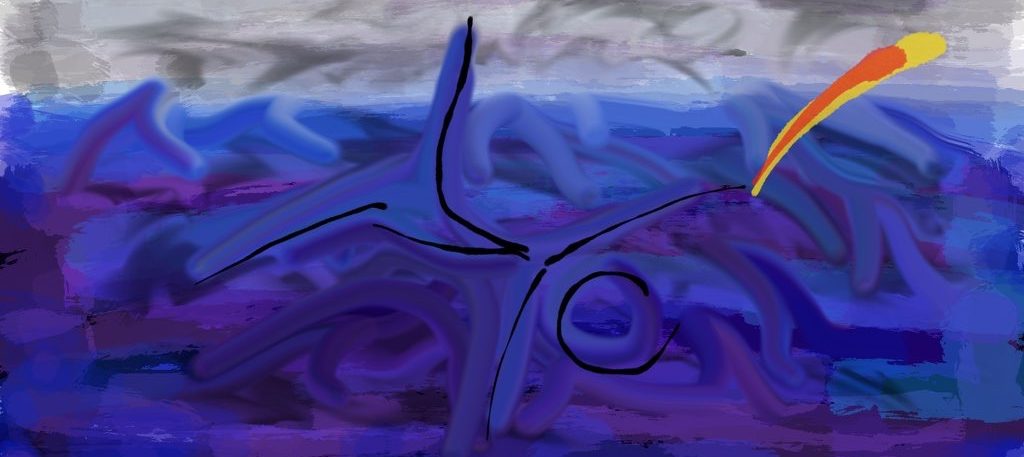Overview:
This forest walk invites you to consider how your comforts and securities are directly related to the violence that happens towards the land and other bodies. You will be invited to consider what daily and intergenerational imprints you are leaving on the planet
This exercise requires you to go for a walk with two important numbers that may be difficult to carry: 1) The number of planets we would need if everyone had your lifestyle and 2) The number of modern slaves that your lifestyle already requires.
This walk consists of 3 parts. In part A you will calculate your footprints at home. In Part B you will walk with the weight of these numbers in a forest (or a park in a city, if you don’t have access to a forest). Then you will close with Part C: Reflection questions.
Part A:
- At home calculate your ecological footprint and your slavery footprint. These numbers can be calculated at: www.footprintcalculator.org and slaveryfootprint.org
- Once you have calculated these numbers, use a marker/inky pen to write these numbers on the palm of your hands. One hand for the number of planets needed to support your life, one hand for the number of modern day slaves working for you.
- With these numbers on your skin, go for a walk.
Part B:
- Please consider the usual suggestion for consent and reciprocity below before you start to walk.
- Walk around the forest (or a park) for 15 minutes. While walking hold close the numbers on your hands.
- In order to make the numbers present in your walk and real for you (so that you do not get distracted), find ways of representing them in your walk (for example collecting leaves that add up to the numbers, counting trees, steps, number of breaths you take or streets you cross in your walk – take a picture that represents these numbers if you can)
- How does it feel to carry these numbers?
- What do these numbers ask you to do?
- Reflect on your formal education so far. How often (if ever) have you had to think about these numbers before?
- Reflect on the ways you resisted carrying these numbers during the exercise (with deflections, distractions, anger, frustration, dis-identification with the exercise). What range of responses showed up in the exercise (e.g. desire to “fix” the problems, confusion, sense of being overwhelmed)? Try to sit with the different responses without investing in them.
Part C:
On your way back, walk in silence holding the teachings that this encounter may have gifted you.
When back at home, reflect in your (un)learning journal and hold space for the following questions:
- Indigenous pedagogies start from questions like: What is our responsibility to the land and the planet? What is our responsibility to future generations? How do we become good ancestors for all relations?
- Make notes about this exercise for this weeks’ assignment. You can also submit images (pictures/drawings) of your walk with your assignment.
Suggestion for consent and reciprocity as you start to walk:
Many Indigenous communities do not make a distinction between objects and subjects, or humans and nature. The rivers, the mountains, the trees, the other animals and the forests themselves are experienced as conscious entities who are much older relatives and who, like human beings, require engagements based on trust, respect, consent, reciprocity and accountability. Therefore, we invite you to consider your relationship with the land where you will do this exercise – be it a forest, a park or the paved streets of a city. Before you start the walk we suggest that you establish contact with the land by requesting “safe passage”, which is a way of asking permission to experience it as a relation, rather than an object to be consumed, a property to be owned, a resource to be used or a benefit to be enjoyed. Then you should offer something in reciprocity. The offering/request can be quite simple. For example, you can request permission to enter and offer a song, or berries, or a flower. You can also request inspiration and guidance and offer your labor in service to the land as a form of reciprocity. Listen with your whole body for a response from the land. Sometimes you can be told it is not a good time to proceed.
